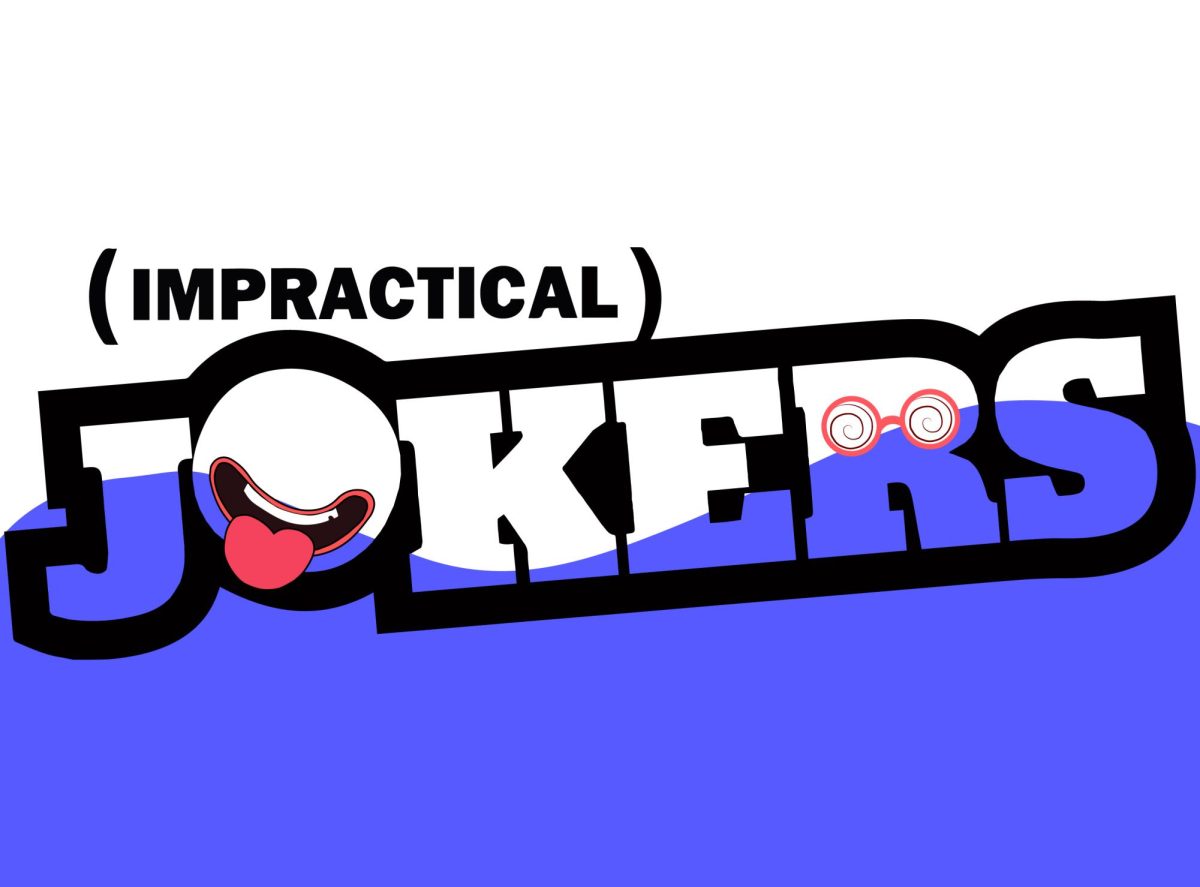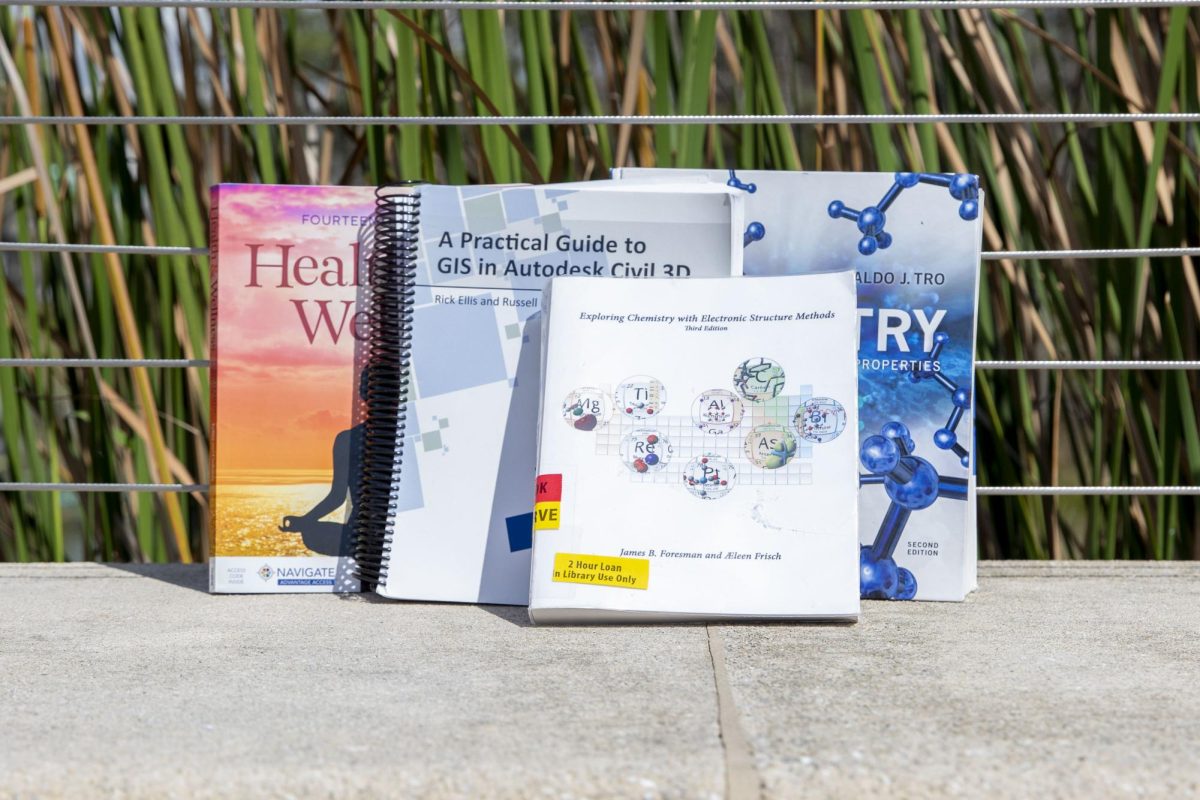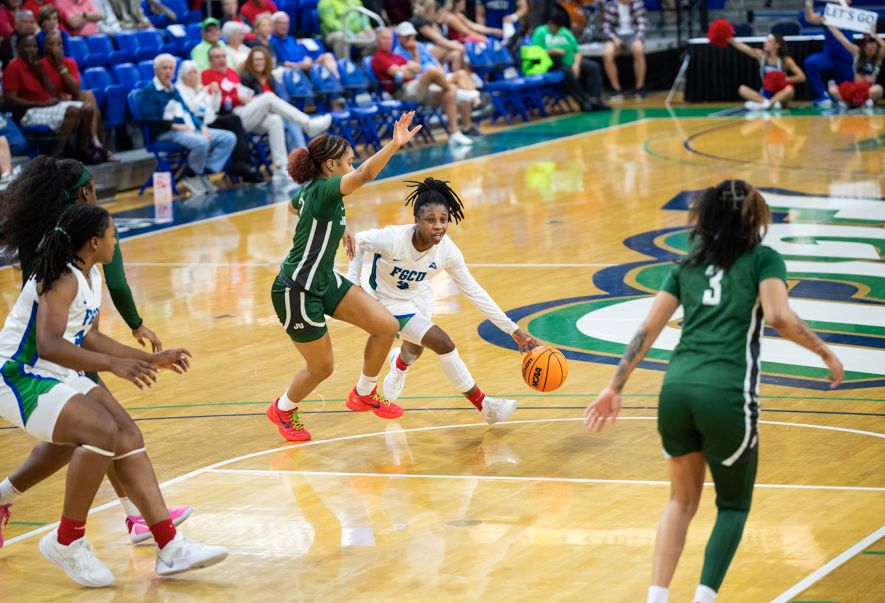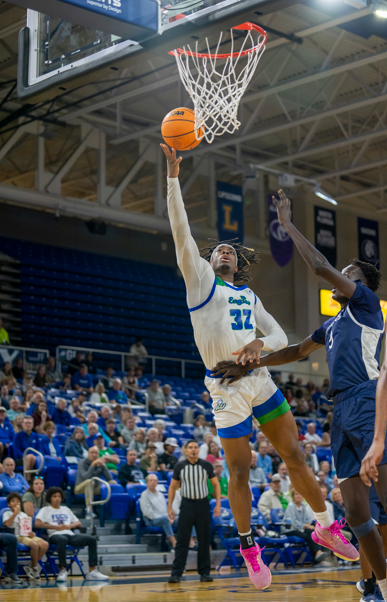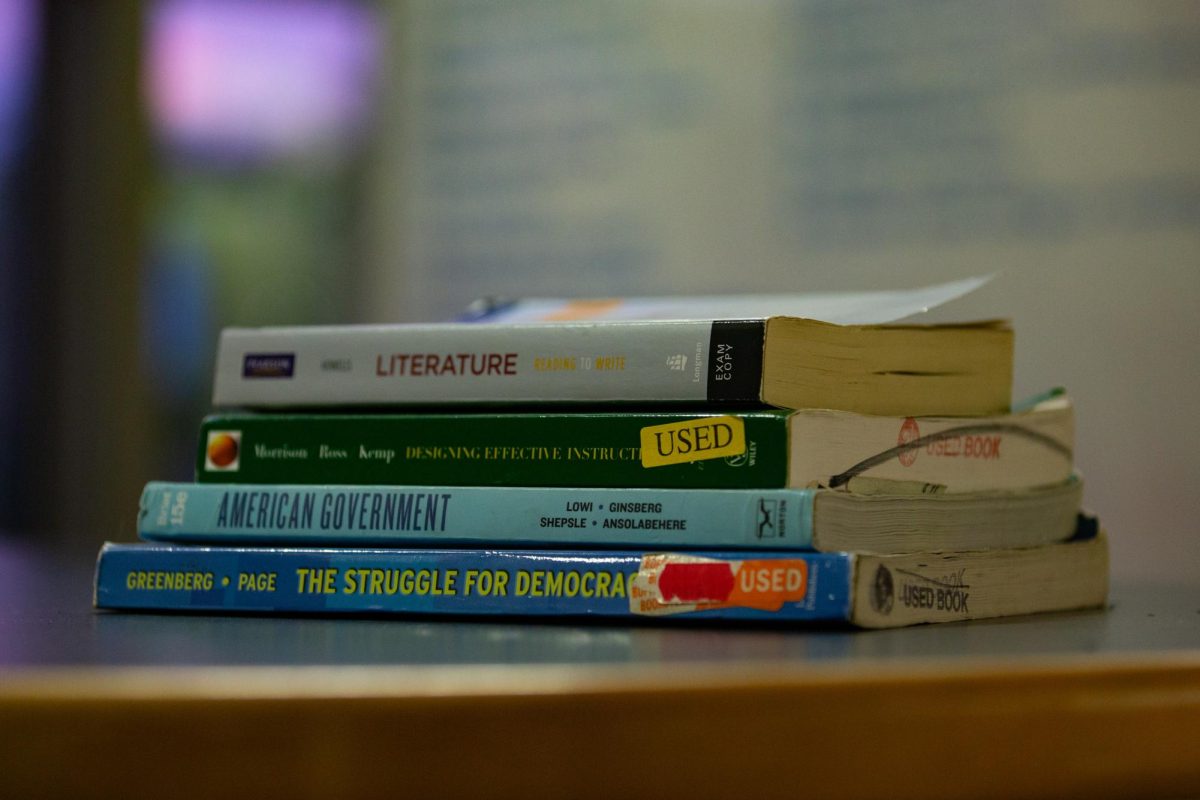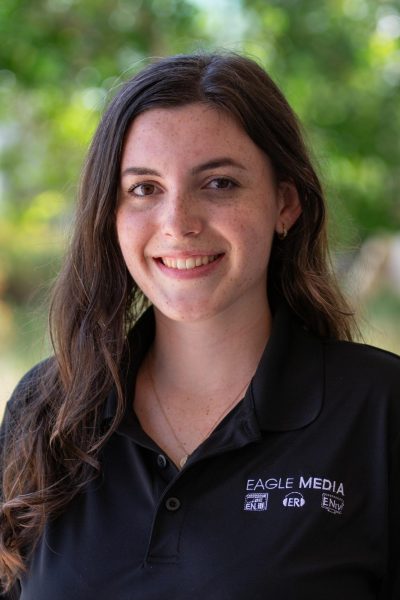The bookstore can be very beneficial to some students, especially when receiving Financial Aid. The bookstore has advanced programs where students can get their books before their money is disbursed. The excess of financial aid is usually disbursed between 7-10 business days after the add/drop period, making students wait about a month before being able to afford class materials. According to FGCU statistics, 66 percent of students receive some type of financial aid. When experiencing academic burden, it is good to have the option to obtain books or other materials right away to stay caught up in classes. Falling behind can cause students to fail some courses as homework, and sometimes exams are done using specific programs that have to be paid for.
Another advantage of using the bookstore is that books can be obtained on the same day without needing to go out and drive to get them. This can be helpful to students living in the dorms because there is no need to leave campus to obtain all required supplies.
One downside of using the bookstore is that options are somewhat limited, and prices can be higher. For example, a book in the bookstore can be more expensive than the ones that are being sold online. This is a disadvantage as students often try to look at more affordable options.
The other students who do not get their books from the bookstore often opt to get them secondhand because they can find affordable options that meet their expectations. This applies to many students who want to save their money as most books are only used for specific classes and only once, as every course has different requirements and class material. Aside from books, there are many other materials used for studies. For instance, there are programs needed in lessons to access specific homework.
Also, there are different materials, such as scientific calculators, that can be found for cheaper prices online. A scientific calculator is an expensive tool that can be found in the hundreds, but when bought second-hand, the price is significantly decreased as they are most times being sold by college students who do not need them anymore. This tool is required in most statistics classes, and most students only take statistics once in their college careers.
Students can balance the money spent on school by looking at cheaper options. After paying tuition and fees, students are faced with the stress of making money for other personal expenses, including all the resources needed for each class. Some classes require multiple books, making it harder for students to have the money to pay for them. The average college student takes four courses each semester, and having to buy books for each and every one of those classes can be challenging. Most students work while in college or university because they have to pay for rent and other personal bills.
One downside of buying secondhand is that sometimes shipping takes more time than anticipated. Also, there can be uncertainty in the condition books may arrive in when ordered online. Many books ordered secondhand come with missing pages or be damaged upon delivery.
Whether students shop from the bookstore or secondhand, having all the resources needed for classes is necessary, and all must be ready before each academic course starts. Where they find their books and overall supplies will depend on many factors and where students stand financially. Being able to have different options makes it easier for college students to be prepared for each academic term without the stress of falling behind.
I personally prefer buying books secondhand because I can find them for more affordable prices online. Most of the books that I have bought during my years in school have only been used for specific classes. This means that I have to try to get the best deal to save money, as it is something I won’t use again because each semester has different requirements. For example, when I took calculus during the summer, the book I needed was only for two months, so I got a better deal by renting the book for the exact time.

